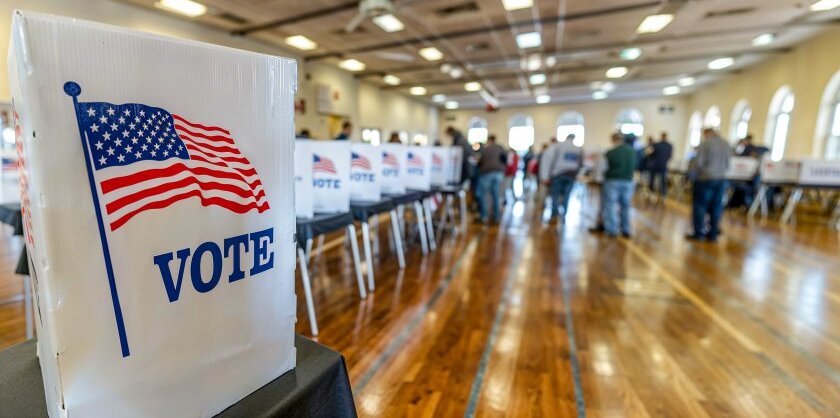What’s happened in Wyoming illustrates how closed primary elections shut too many voters out of the electoral process, intensify political polarization and raise important questions about funding these elections.
This fall, residents will vote on two major criminal justice ballot measures, one of which would increase the time some criminals serve in prison and the other would create a $350 million fund for police agencies.
Despite the postmaster general’s assurances, the mail agency’s operational statistics aren’t encouraging for the coming elections.
The new law decreases the number of ballot drop boxes available, tightens the ballot application deadline, includes voter ID requirements and bans the handing out of water to voters.
Voters will weigh in on at least 18 ballot measures raising taxes to pay for transportation improvements. Transportation infrastructure is becoming more expensive to build.
By one estimate, only 10 percent of homeless citizens end up casting votes. There are many steps states can take to lower barriers to participation.
Pandemic protections offer more ballot options, but election lies are driving new restrictions.
One key issue for working-class and low-income Black voters in Detroit is the cost of water. As of 2023, 27 percent of Detroit households are at risk of having their water shut off due to unpaid water bills, with $700 being the average amount owed.
In the 2022 general election, just 42 percent of eligible Texas voters cast a ballot, making it one of the worst states in the nation for voter participation.
The state’s Election Board will consider 11 rule changes, from hand counting ballots to ballot tracking fees, that could significantly impact the election landscape with less than a month left before early voting begins.
Following the Montgomery County commissioners’ unanimous decision, election officials will now have to generate manual ballots for residents outside of Texas and retrofit the more than 1,000 machines with an older version of the software.
Members of the state’s Election Board need to be referees, not cheerleaders, but Donald Trump has made clear he considers some of them on his team.
Suburbs of the state’s small cities, like Harrisburg, are slightly moving away from the solidly red voting trends of previous years. Trump won Lower Allen, Pa., by 1,000 votes in 2016 but by only 129 in 2020.
Gov. Jeff Landry signed an executive order that will require the state Office of Motor Vehicles to compile a list of people who have been issued a temporary license or ID card, which will then be used to cross-check state voter rolls.
San Francisco residents will vote in November on whether they want to permanently close two miles of coastline road from cars, which, if passed, will become a historic pedestrian project. But the city is deeply divided on the project’s impacts.
Despite the forces working against fair elections, coalitions and grassroots organizations in several states have achieved a lot for democracy.
Most Read














